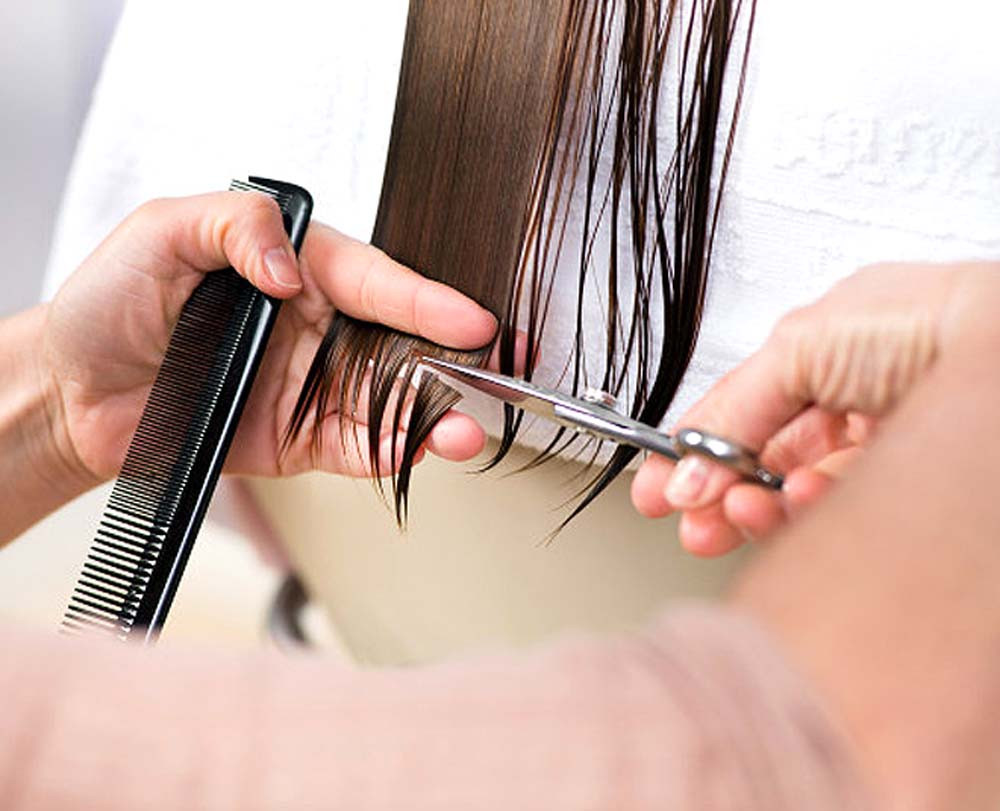
You’ve probably heard that you don’t need conditioner if you have oily hair or cutting your hair frequently will make it grow faster. These myths have been around for so long, we’ve accepted them as scientific facts. But just because you’ve heard it a million times doesn’t mean it’s true. It’s time we separate fact from fiction to get the luxurious locks you’ve always dreamed of.
We’ve compiled a list of some hair myths to uncover the truth about some of the most common hair misconceptions out there. From how frequently you should be washing your hair to whether or not you should be air-drying it, here’s all you need to know.
Plucking grey hair makes more grow
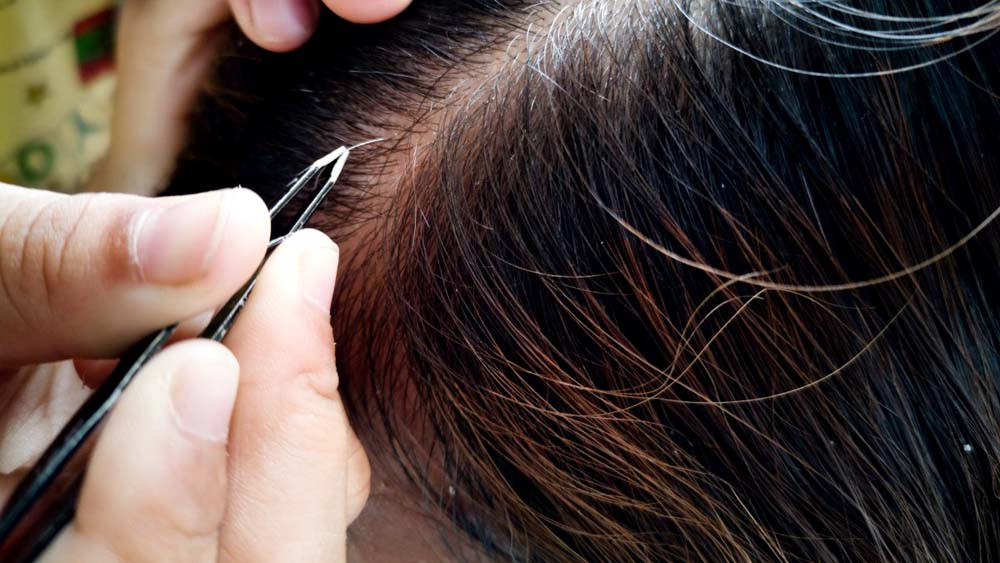
Remember when your elders always said don’t pluck that grey hair as it will grow into more? It’s one of the most famous hair myths. According to research, plucking grey hair will not make two grow back in their place. However, we don’t recommend plucking it either as it puts stress on the follicle and your scalp. Pulling a hair out can cause it to grow back with a coarser texture and strange growth pattern. If that grey hair is bothering you, then you can always spray on root concealer for temporarily hiding it or maybe get a salon appointment to have it coloured.
Trimming your hair makes it grow faster

Although scheduling your trim every four to six weeks helps ensure that your hair has minimal split ends, it doesn’t help it grow. Hair grows from the follicles in the scalp; the rest is dead. Having frequent trimmings can help prevent split ends from creeping farther up the hair. It’ll keep long hair from looking stringy, and every hair length or texture looking thicker. In other words, don’t let this busted myth discourage you from regular salon visits. Trimming cannot help with hair growth but it can help your hair look healthy and shiny.
Split ends can be repaired
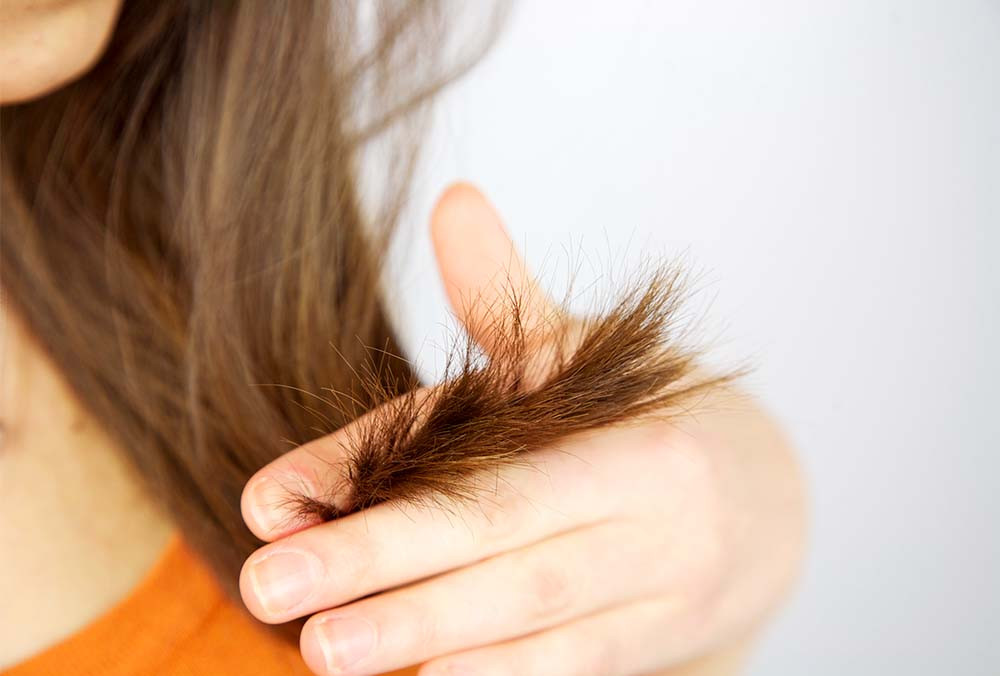
Despite what some products advertise, split ends cannot be repaired. A split or damaged end occurs when the protective outer layer of the hair is damaged, so there is no way to reseal or close it. They are a result of damage from bent brush bristles, broken-tooth combs, ultra heated drying and styling, over processed colour and age. So don’t believe any conditioner or serum that claims to repair those split ends. Only cutting or trimming split ends will give the hair a healthier fuller look, which will make up for any length lost.
The more you brush your hair, the healthier it will be
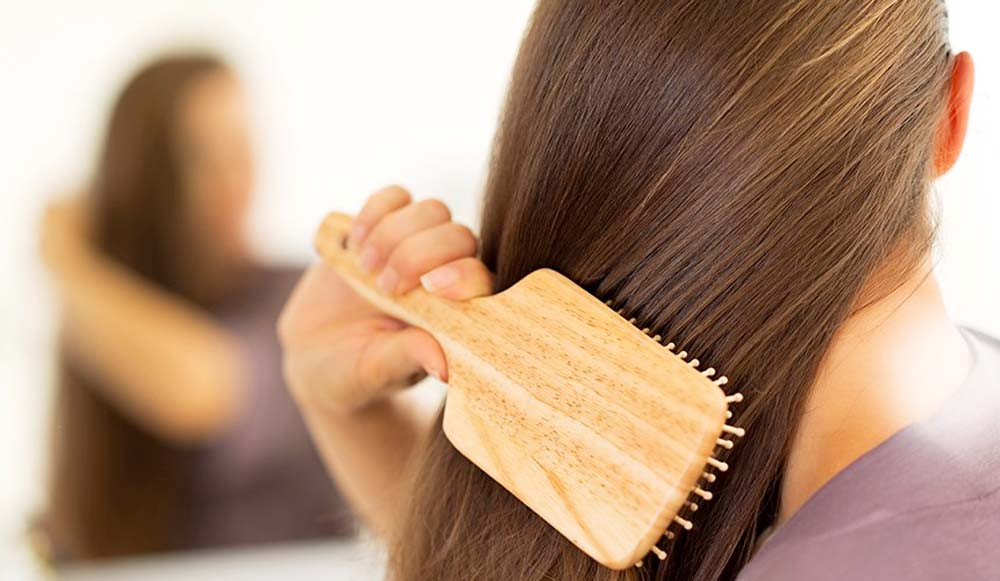
Not every solution to your hair problems is just brushing it off. Brushing is a form of friction that, if done to excess it will damage all thin, fragile locks. We do agree with the fact that brushing gently and briefly can help to stimulate scalp circulation and help distribute natural oils from roots to tips but if done very frequently it can damage your hair. To keep that hair healthy, skip synthetic or vent bristles, toss old brushes with bent or broken bristles, and never brush wet hair.
It’s better to air-dry your hair than to blow-dry it
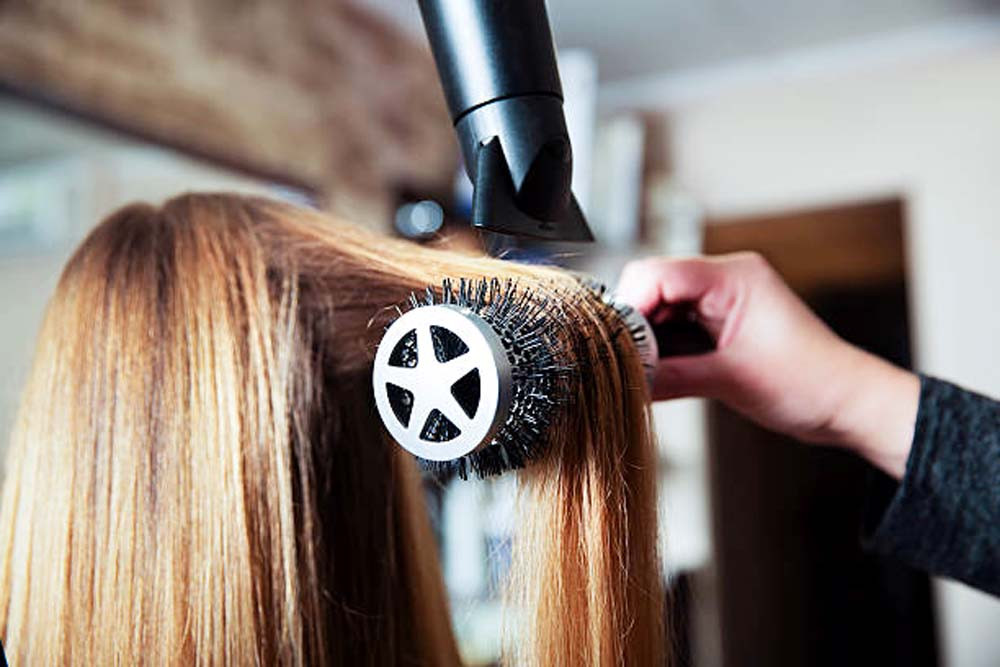
Towel drying can be just as damaging as blow drying, and sometimes more so since the movements can be just as rough on your strands as intense heat. Although air drying sounds good with way less heat, a study suggests that using a hairdryer at the right distance and temperature can cause less damage than air-drying. The key to drying your hair is to be gentle with the towel, and squeeze your hair with it rather than rubbing it.
Frequent shampooing makes your hair fall out
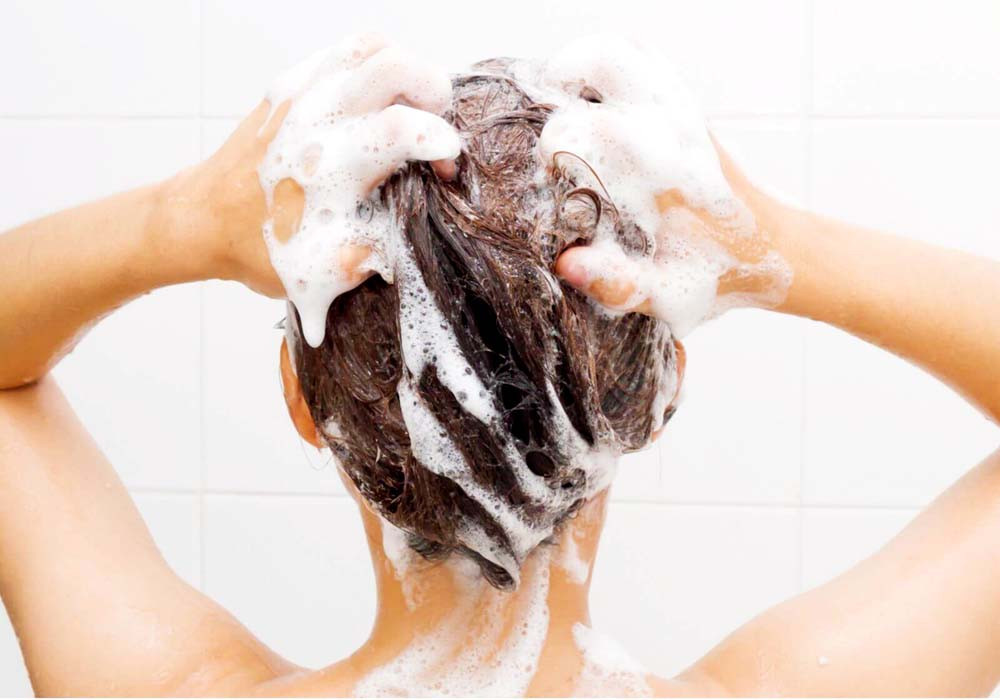
This is one of the most prevalent myths about hair washing out there. Many people believe that washing your hair too often dries your scalp and strips the hairs of their natural oils which can lead to hair fall. However, this couldn’t be further from the truth. When you use the right products and hair washing techniques, shampooing can moisturise your hair. Shampooing your hair doesn’t cause it to fall out, it simply helps it along in the natural process. However everybody’s hair is different, so pay attention to the look and feel of your hair to figure out when you need to wash it. Wash your hair when it starts to feel oily again.





1730959638-0/trump-(19)1730959638-0-165x106.webp)














COMMENTS
Comments are moderated and generally will be posted if they are on-topic and not abusive.
For more information, please see our Comments FAQ